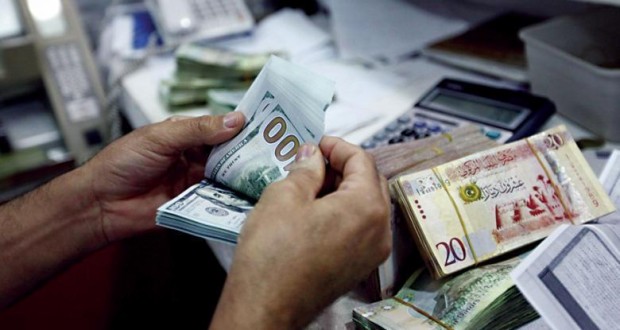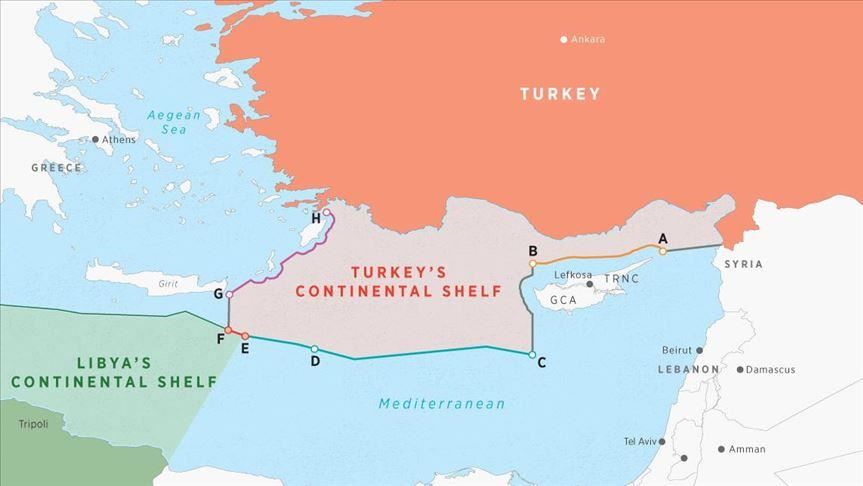Despite NOC agreement, Libya’s political crisis continues to thwart recovery
Published on 2016 June 1, Wednesday Back to articlesWith this month’s agreement between rival National Oil Corporations (NOCs), oil production and exports have resumed from Hariga terminal at Tobruk.
Despite these developments, the economy continues to be held hostage by both the current political crisis and the growing threats that Libya could formally divide in the future.
There was some promise earlier this month that the rival central banks were taking steps to reunify, including calls on both of their governors to step down so that the bank could be run by a unified board of directors until a new governor could be selected.
The lines of communication between the two parallel entities continue to be weak, however, and this is creating inefficiencies and potentially exacerbating the liquidity crisis and inflation.
Last week the eastern central bank announced that around LD4 billion (US$3 billion) was being printed in Russia and would be delivered to eastern Libya by early June. It insists that the currency looks exactly like the currency which is being printed in the UK and delivered to the Tripoli central bank, but it is not clear whether processes are in place to keep track of all the currency coming into Libya to avoid parallel and un-co-ordinating monetary policies in the east and west.
Even if it is identical, because the currency printing decisions are being made separately by two central banks that do not work well together, there is a grave risk that inflation could spike. At the next meeting between the parallel central banks, there will be further discussion about the first devaluation of the Libyan Dinar since 2002.
In a sign of the continued lack of communication between central bank leaders, the Presidency Council initially condemned the eastern decision to accept money printed in Russia, but then reversed the statement 24 hours later. This followed a meeting between the Presidency Council and the House’s Finance Committee, during which all sides agreed to consult more closely on currency decisions, and ensure that the new banknotes circulate evenly throughout the country.
This unpredictable behaviour from central bank leaders erodes public and international confidence in the independent financial institutions. This confidence is critical to a healthy future economy. Instead, this about-face will likely negate some of the benefits of adding new currency into the system to alleviate the liquidity crisis because, when people lose confidence in the banking system, they horde currency at home.
The move may also undermine international efforts to support unity, especially in the financial sector. This is a priority for the Presidency Council as it tries to bolster its legitimacy in the eyes of the Libyan people.
The US released a statement condemning the new currency from Russia as counterfeit. The US Department of State even noted that it would consider extending sanctions against parallel institutions if they continued to undermine unity.
These actions were taken in part to support the GNA — apparently in reaction to an appeal for support from GNA sources — but also because side agreements between Russia and the eastern central bank undermine the push for all business to go through GNA headquarters in Tripoli.
This remains a concern for Libya’s international partners, particularly because its partners will rely on Libya’s economy to sufficiently recover in order to be able to foot most of the cost of its own reconstruction.



